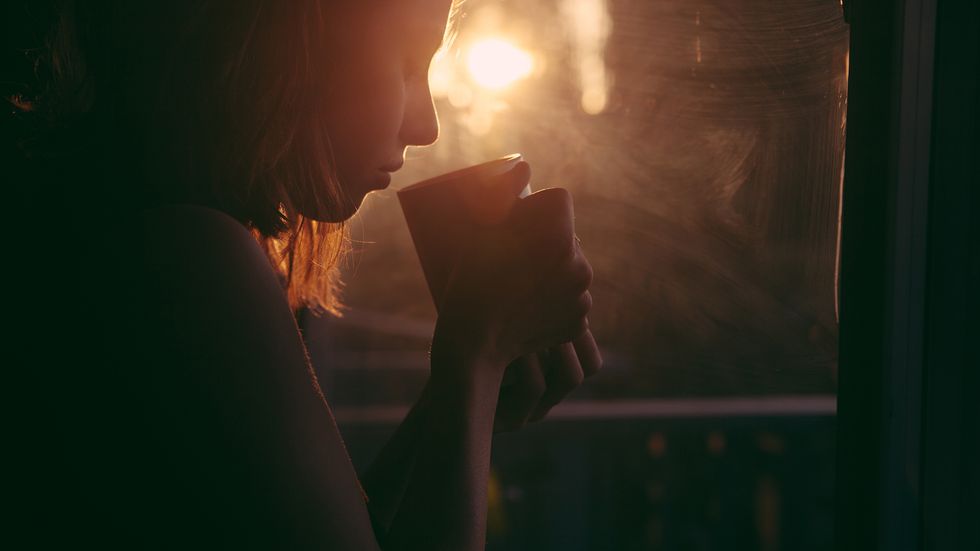I despise waking up in the morning. My ideal routine is to wake up in the afternoon and waltz into a sunny kitchen to make a smoothie. Alas, as a college student and aspiring adult this lifestyle simply isn’t feasible.
This fall will be the first semester I’m not enrolled in a dreaded 8 a.m. course. The previous four semesters of my college career featured me sprinting across campus to slide into class as the morning bells rang. So, while I’ve given up the prospect of being a joyful early-riser, I’m more dedicated than ever to adopt healthy “morning person” attitudes.
You might, like me, be someone who could easily stay awake until sunrise. You might be saying to yourself: “Why on earth is this girl torturing herself?” And I’m totally with you. Though I still crankily slam the snooze button on my alarm, I’ve found that the “pros” of trying to be a morning person far outweigh the struggle of getting out of bed.
Research shows that night owls tend to have elevated risks of depression and are less likely to lead an active and healthy lifestyle. In addition, night owls are prone to roller-coaster-like sleep cycles. The human body is, generally, meant to adhere to a regular schedule. By binging on sleep during the weekends, night owls actually are setting themselves up for a more difficult week.
Our circadian rhythm controls feelings of alertness and grogginess throughout the day and should work in tandem with our sleep drive. Think of the sleep drive as borrowing money from a friend; when you sleep, the “loan” is paid back. Cheating yourself of sleep is like being in indebted to your friend. While sleeping in on weekends feels like an appropriate and healthy behavior, it actually upsets the relationship between the body’s circadian rhythm and sleep drive. You’ll feel groggy at the wrong time of day and will struggle throughout the week to rise early.
With our busy lives, it’s incredibly easy to develop a wake-early-weekday and sleep-in-weekend routine. Yet this routine makes each of us more likely to become sick, even if you’re spending a sufficient time asleep. In 2014, a Sleep Foundation survey in America found that 35% of the participants admitted they didn’t wake up feeling refreshed, despite sleeping the recommended seven to eight hours per night (Sleep Foundation). Nearly half of the participants in this survey reported decreased daily productivity due to “poor or insufficient sleep” (Sleep Foundation). This decreased productivity, crankiness, and an overall whirlwind cycle is what prompted me to make a lifestyle change.
By no means am I trying to guilt you into waking up earlier if you’re adamantly against it. Each person knows their own body best, but I’ve found that going against my instinct to sleep in has helped me be happier and more attentive during the week.
For more information about our bodies, sleep cycles and relevant research, see these articles from PBS.org: (1) “Do you have the genetic profile of a morning person?” (2) “The science of sleeping in, and why you probably shouldn’t.”
For more on the Sleep Foundation’s research see: “Lack Of Sleep Is Affecting Americans” and SleepFoundation.org.























